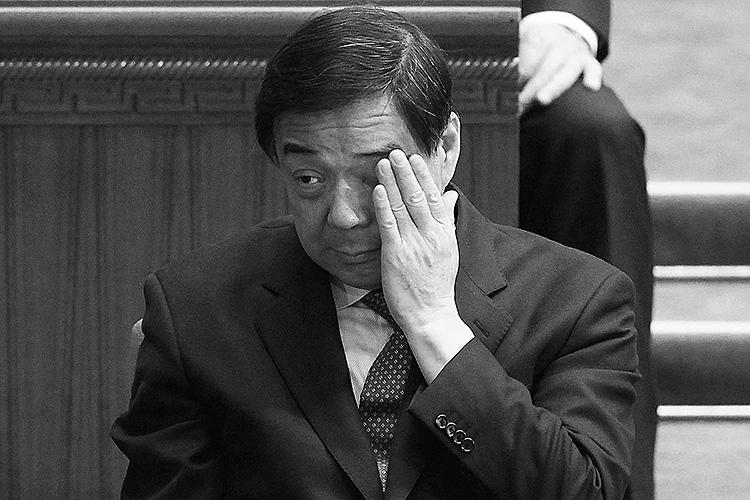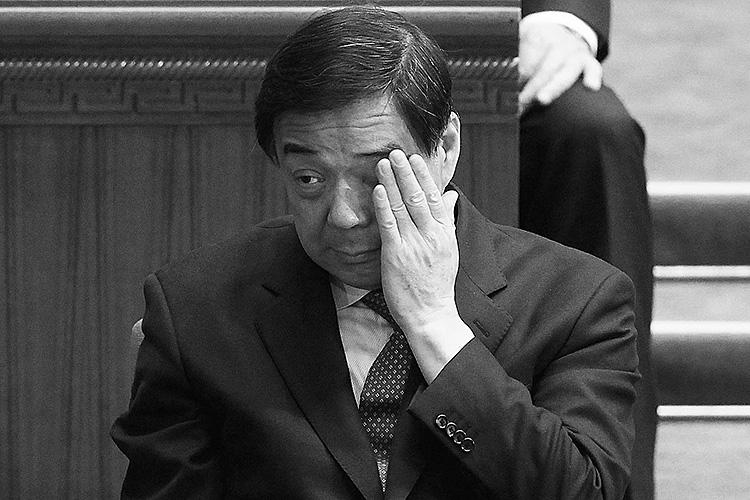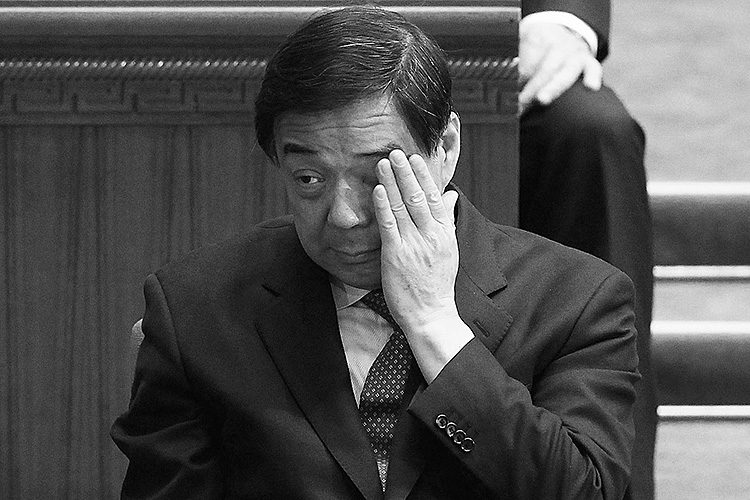Bo Xilai Fired
Bo Xilai is Party chief of Chongqing no longer, according to the Chinese Communist Party mouthpiece People’s Daily.

Bo Xilai on March 13 in Beijing, China, two days before he was replaced as the Chinese Communist Party's Chongqing Municipality Secretary. Politburo member Zhang Dejiang will be assuming the post. Lintao Zhang/Getty Images
|Updated:
Matthew Robertson is the former China news editor for The Epoch Times. He was previously a reporter for the newspaper in Washington, D.C. In 2013 he was awarded the Society of Professional Journalists’ Sigma Delta Chi award for coverage of the Chinese regime's forced organ harvesting of prisoners of conscience.
Author’s Selected Articles






